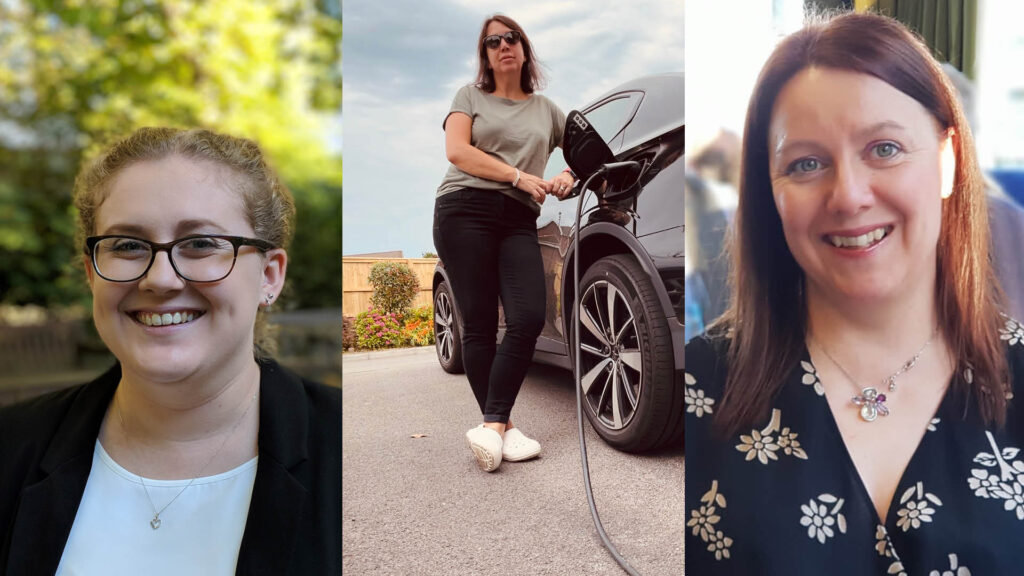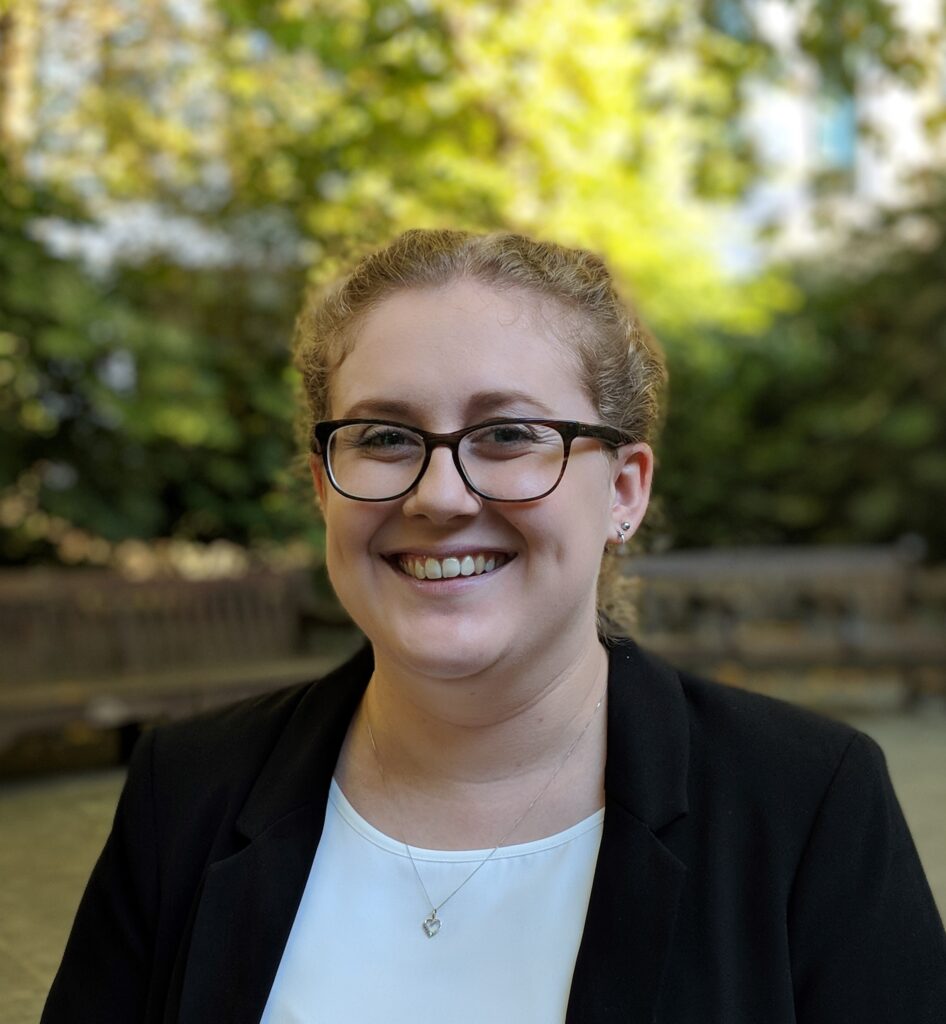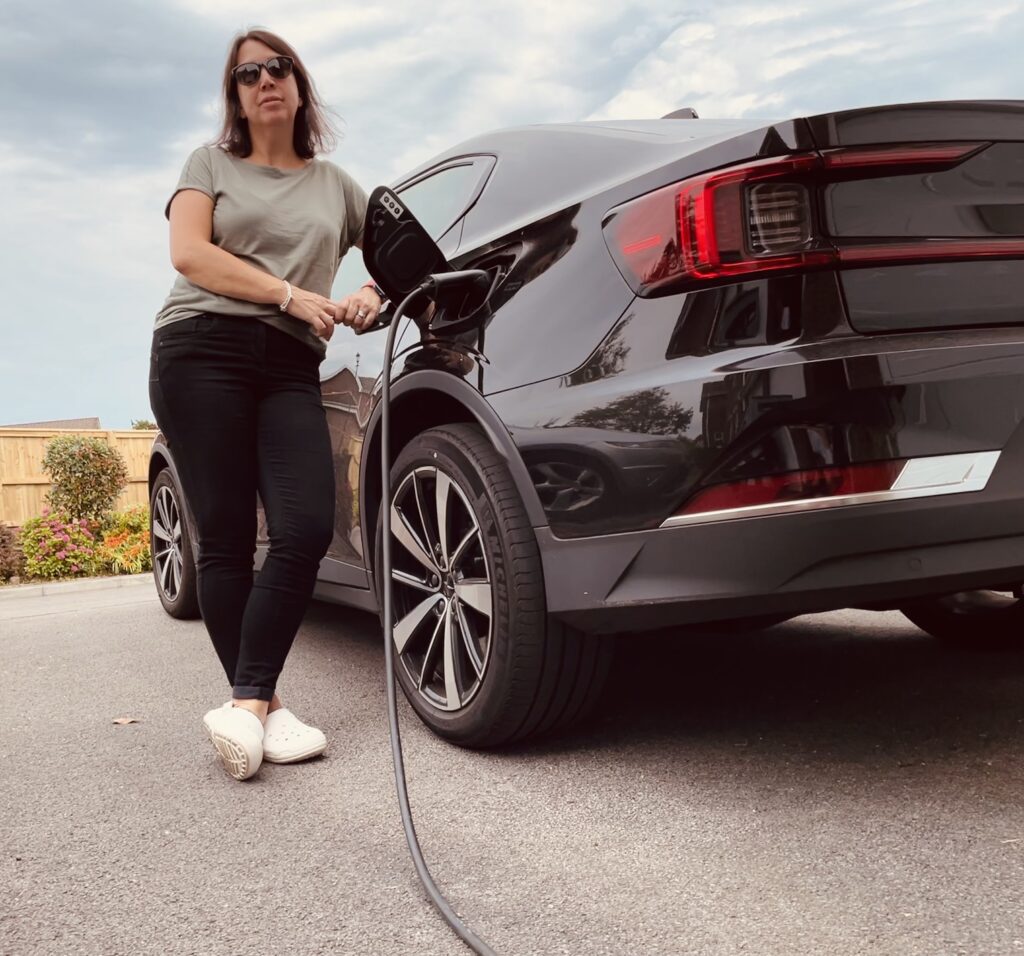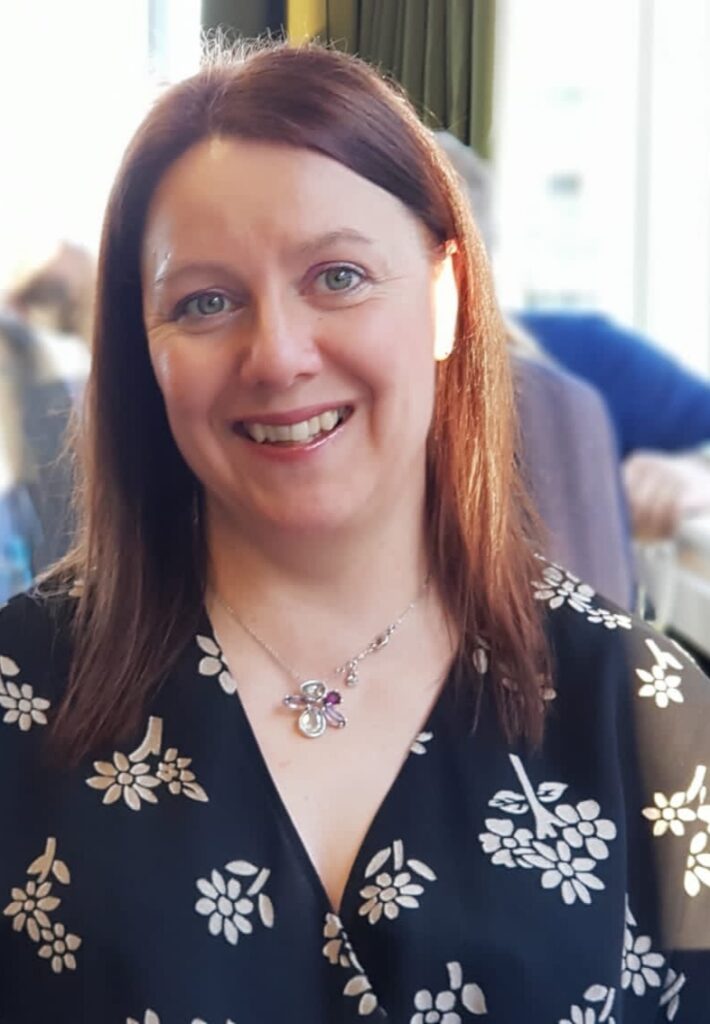Women of FLEXIS and FLEXISApp

Both the FLEXIS and FLEXISApp projects have a strong commitment to encouraging gender equality and diversity in our areas of research and innovation. We wanted to talk to our female colleagues about their experiences of working on the projects and in science, engineering and decarbonisation. Below are some brief interviews with some of our great team.
Cathy Bell – Project Manager i-SPACE
How did your interest in science/engineering/decarbonisation begin?
I joined British Steel Research and Development as a school leaver in the role of Metallurgical Technician. My training and development included formal academic study in the field of Metals and Materials Engineering. In truth, I found materials engineering by accident but immediately found it more engaging than pure science topics. My career in the Steel Industry spanned more than 30 years, mostly as a Product Development Metallurgist. I worked closely with customers, Commercial colleagues, Process Metallurgists, Production Managers and external research and development organisations. Working in manufacturing-based research and development function meant I was exposed to all manner of metallurgical problems, opportunities and threats. The process of applying scientific knowledge and experience to investigate root causes and explore potential solutions is the thing that has held my attention for many years.
What is your area of research and how does it fit into the FLEXIS or FLEXISApp projects?
Efficient and accurate waste processing to recover raw materials from end-of-life components; the aim being an effective use of material resources, reduced carbon emissions during the manufacture of goods and appliances and eliminate waste from the manufacturing supply chain.
What do you hope to do next?
In the short term, I want to focus on Project Management, either in the research and development or industrial sector. Having experience in both R&D and industry, plus a wide range of skills and knowledge covering metallurgy, leadership, department management and project management, I feel well placed to facilitate and steer investigative activities.
What would you say to any other women hoping to work on projects like FLEXIS/FLEXISApp or science and engineering in general?
I made a conscious decision not to believe the rhetoric that being a woman somehow hampered or advanced my career. I strove to achieve, to the best of my ability, the targets set for me by others and by myself. I have achieved more in my professional life than I ever thought I was capable of, and for that reason, I hold my head up high. I don’t view myself as a woman in engineering, I view myself as an accomplished Product Development Metallurgist, Project Manager, Department Manager and Senor Business leader. My advice to young academics and professionals is to set goals, work through barriers and deliver your objective, whatever that may be.
 Natasha Scowen – FLEXIS/FLEXISApp Administrative Officer
Natasha Scowen – FLEXIS/FLEXISApp Administrative Officer
How did your interest in science/engineering/decarbonisation begin?
I have always had an interest in different scientific areas, especially Earth and Biological sciences. Personally, this goes hand-in-hand with an interest in Decarbonisation, given it is such a pressing issue for our generation. After transferring to an Accounting degree and working in student support for a few years, I thought it would be unlikely I would find myself working in a position that contributes to science in this way. I look back on my time studying a scientific subject with fondness, and when the opportunity came to work on the FLEXIS/FLEXISApp projects I jumped at it, as it also came at a time when I was looking to relocate back to Cardiff.
What aspect of FLEXIS/FLEXISApp do you work on?
My main priority is keeping things running smoothly for both projects. There is a lot of administrative work that underpins a project such as FLEXIS and FLEXISApp. I facilitate the relationships between project partners and assist with claims. It is key that I ensure everything is completed accurately and on time.
What do you hope to do next?
For the next few months, the focus will be on continuing the reporting on the progress of both projects, as well as beginning to work on project closure. I have enjoyed being involved in a project management team, so I am hoping to be able to stay in this area of work – ideally as part of another scientific research project.
What would you say to any other women hoping to work on projects like FLEXIS/FLEXISApp or science and engineering in general?
Working in an area that is traditionally male-dominated can present challenges, but I believe the only way we change this situation is by getting involved. When you find yourself in the position to support other women in your workplace, I think it is important to also keep in mind that women from different ethnic backgrounds will have had different experiences to you. Another thing I would like to mention is the importance of creating a welcoming environment for our trans and non-binary colleagues.
It is often reported that women are less likely to apply to positions if they feel they are missing perhaps one item on the list of the required experience. My advice would be if you are interested in the area and believe you have the relevant skills/experience – apply anyway! You may find that criterion is not immediately crucial and there are training opportunities as part of the role to help you fill your knowledge gap. If not, you may have still made a connection that can help you at a later date.
 Jan Bell – Innovation & Engagement Director, Faculty of Science and Engineering at Swansea University
Jan Bell – Innovation & Engagement Director, Faculty of Science and Engineering at Swansea University
How did your interest in science/engineering/decarbonisation begin?
I undertook a graduate placement with a multinational packaging company, so was aware of the scale of materials and technology in the supply-chain and the long-lasting impact on the environment. The expertise and work at Swansea University on functional materials and the integration of technology into creating buildings that support decentralized energy systems is a game changer and I wanted to help deliver that.
I’m from Neath and feel passionate about helping decarbonize and future-proof our industrial manufacturing strengths into more sustainable greener sectors creating opportunities and economic development for the region. I have always enjoyed working at the interface of industry, government and academia, my previous roles have included delivery roles in Welsh Government and the private sector in management consultancy and manufacturing. I studied Economics in Bristol and did a Masters at the University of South Wales.
What aspect of FLEXIS/FLEXISApp do you work on?
I have been working on strategic innovation projects related to demonstrating impact in the areas of solar energy and buildings for around 10 years. I am developing the Gateway to Zero (G20) Project which is part of the Transport Theme in Flexsis. Building on our innovation work at Specific on active buildings we are following a natural extension to include lower carbon transportation and energy sharing aspects related to decarbonization of the region. How can we integrate, enable and embed lower emission vehicles as part of our transition to net zero living?
My interest focuses on delivering a holistic solution to net zero, understanding the market and policy drivers, and understanding the potential and viable business models that will enable industry to deploy solutions at scale. FLEXIS is about creating collaborative working to deliver underpinning scaled infrastructure which enables the various research themes to be undertaken at a technology, market and societal level.
What do you hope to do next?
At Swansea, we have successfully shown that demonstrating different ways of delivering solutions convinces people it can be done. So we want to deliver G20 over the next few years and truly create a difference. As a person, I am a technology early adopter but not everyone is so I’m interested in how we deliver true societal change in the pursuit of net zero.
What would you say to any other women hoping to work on projects like FLEXIS/FLEXISApp or science and engineering in general?
More women in science and engineering helps increase innovation impacts which benefits everyone. My advice would be to get involved, add your voice and add your expertise as you can make a difference and these kinds of projects are helping to make a big difference.



